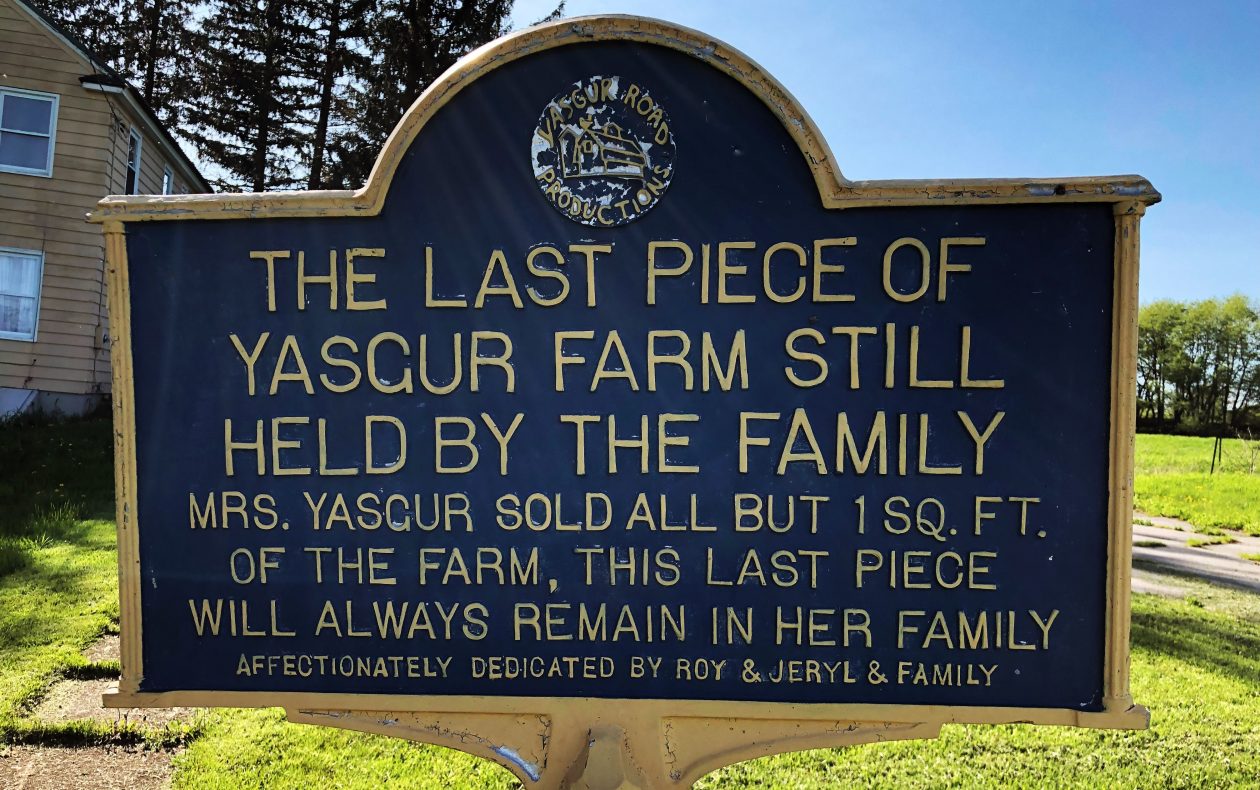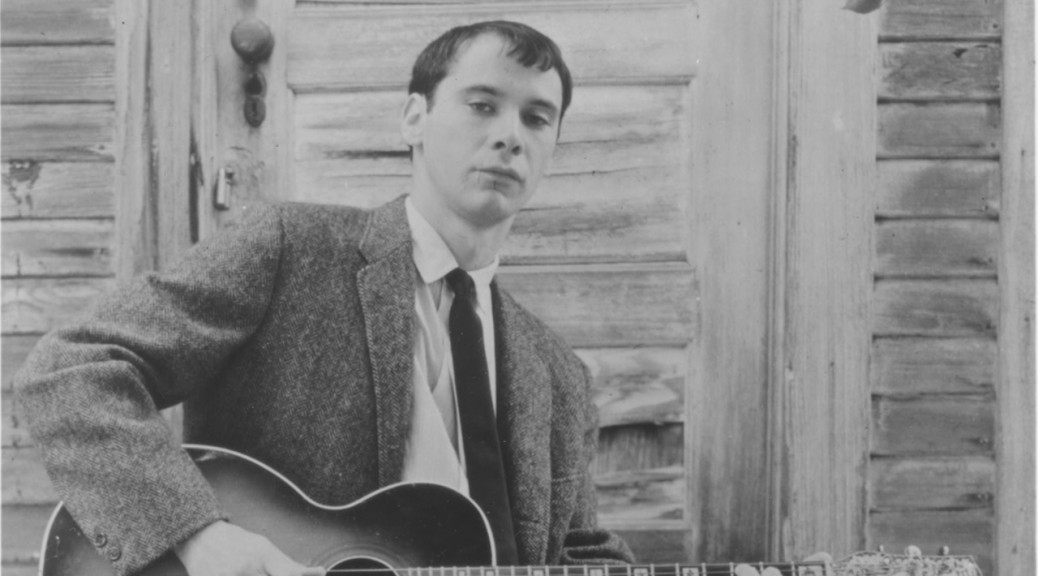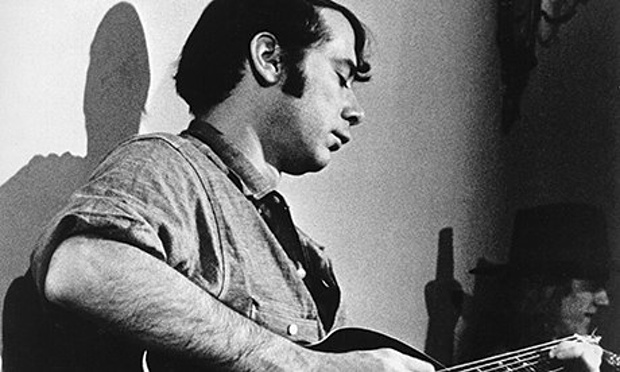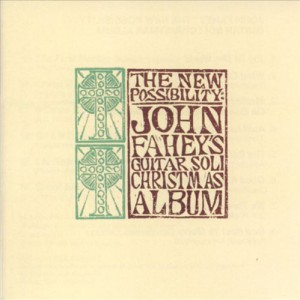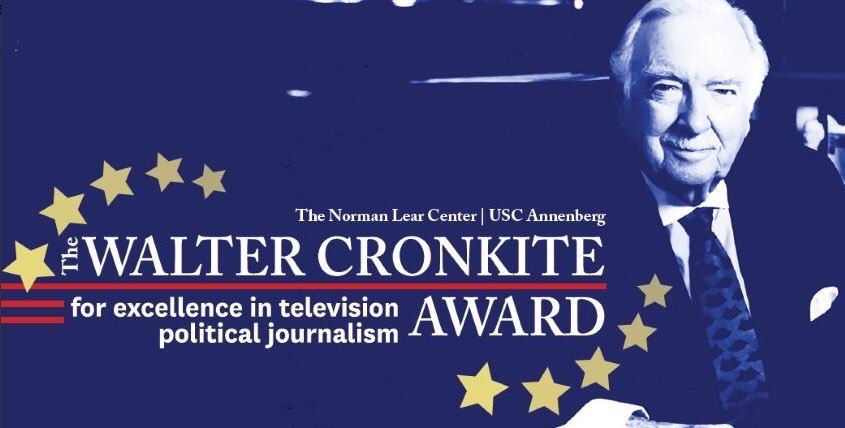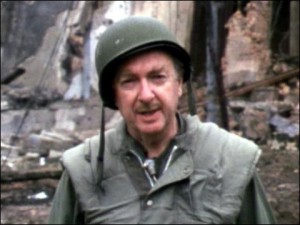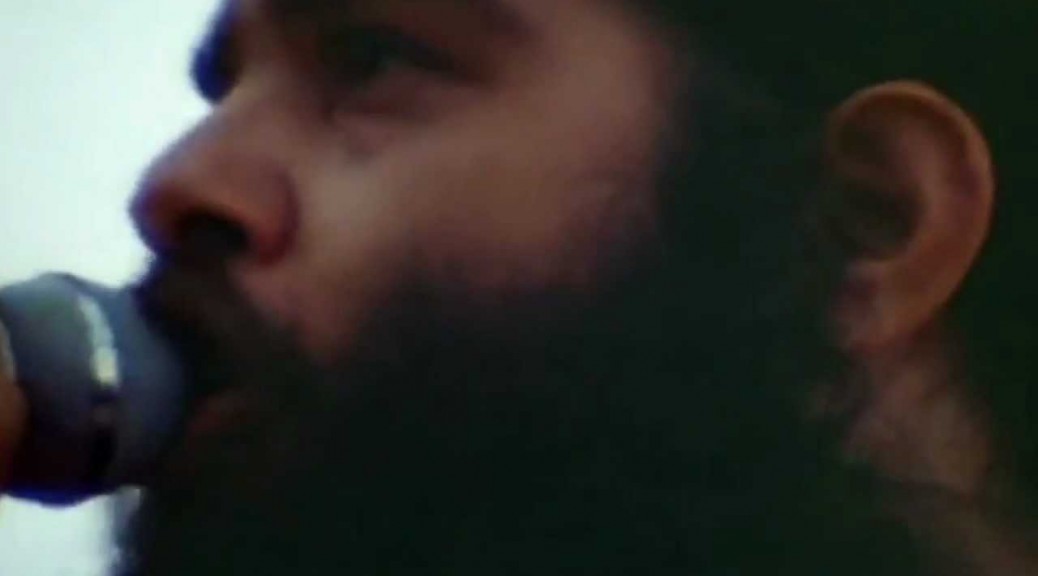Guitarist Extraordinaire John Fahey
Remembering, appreciating, and recognizing his genius
February 28, 1939 — February 22, 2001
Guitarist Extraordinaire John Fahey
First light
I’m not sure when I first heard John Fahey. Probably on New York’s WNEW-FM and during Christmas time 1968 when his The New Possibility album came out.
Guitarist Extraordinaire John Fahey
Unique
I was often on the musical lookout for something new, good, and an outlier. For me, John Fahey fit all three. It seemed like he was doing more without words (most of the time), than many musicians were doing with them (most of the time).
Even a song as simple as Amazing Grace had this seesaw rhythm to it that somehow enhanced the whole experience. Songs seemed to stretch out slowly to new paths. The New Possibility.
Backstory
His story is similar to others who found the music was their avocation. Both parents liked music and played the piano. Before television’s takeover, pianos were often a home’s entertainment system. John’s parents brought him to local bluegrass concerts near their home in Tacoma, Maryland. And like so many other young people, hearing Jimmie Rogers lighted an acoustic flame.
Unlike many young people, hearing Blind Willie Johnson ignited a love of the acoustic blues. His own playing progressed to the point that he began to record his music, but thinking no company would be interested in pressing the music, he decided to start his own label and name it after his hometown.
Tacoma Records
Thus in 1959 Tacoma Records was born.
To honor his musical progenitor, he decided to name himself Blind Joe Death. He pressed only 100 albums. Of course they are very rare today, but thanks to that world-wide-internet, we can hear that album:
Guitarist Extraordinaire John Fahey
California
Fahey graduated from American University and moved west where he met fellow blues enthusiast, Alan”Blind Owl” Wilson. Wilson, of course, later went on to co-found Canned Heat, a band named after, what else, an old Tommy Johnson‘s blues song.
Fahey’s Tacoma label struggled on, but he insisted on finding other musicians whose abilities far outweighed their commercial prospects. He discovered fellow guitarists Leo Kottke, Robbie Basho, Bola Sete, and Peter Lang, as well as pianist George Winston.
Health and lifestyle issues plagued Fahey. Tacoma was sold and Fahey eventually moved to Salem, Oregon where to survive he sometimes sold one of his guitars or rare records.
Guitarist Extraordinaire John Fahey
John Fahey
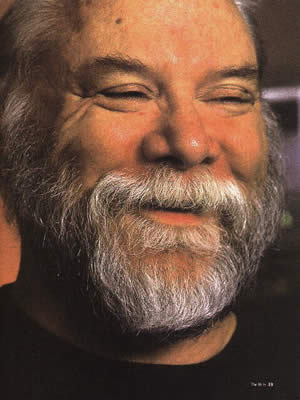 Guitarist John Fahey pioneered the American primitive guitar style. (Photo from John Fahey site)
Guitarist John Fahey pioneered the American primitive guitar style. (Photo from John Fahey site)
Revenant Records
In the late 90s, a new generation discovered his genius and Fortuna smiled. Or at least she grinned a bit. He released new albums, created a new label (Revenant Records) Not surprisingly it sought out obscure recordings of early blues, old-time music, and things that caught Fahey’s fancy.
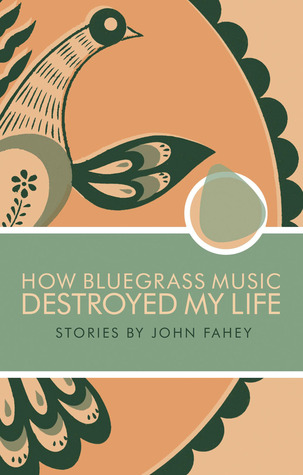 In 2000, he published a book of loosely autobiographical stories, ”How Bluegrass Music Destroyed My Life” (Drag City Press). In it he said: ”I never considered for a minute that I had talent, What I did have was divine inspiration and an open subconscious.”
In 2000, he published a book of loosely autobiographical stories, ”How Bluegrass Music Destroyed My Life” (Drag City Press). In it he said: ”I never considered for a minute that I had talent, What I did have was divine inspiration and an open subconscious.”
On February 22, 2001 Fahey died at Salem Hospital (Oregon) after undergoing a coronary bypass operation.
References
